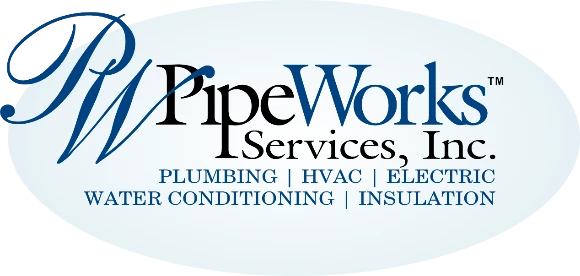If your attic hatch isn’t sealed, it’s an escape hatch for heating, cooling, and the hard-earned money spent on higher utility bills to pay for both. Attic hatches are often under the radar when it comes to eliminating sources of energy loss in your home.
It’s not uncommon to find homeowners who have upgraded attic insulation yet neglected this gaping energy hole that allows heat to escape your living spaces in winter and invade in summer. When a typical, 6-square-foot attic hatch isn’t properly sealed, the hatch alone can lose more energy than the entire ceiling.
What Is an Attic Hatch and Why Should I Seal It
An attic hatch leaks energy in two ways: Direct air leaks around the trim and by conduction through the thin plywood board or drywall material the hatch is made of.
Here’s how to deal with the problem:
Use caulking to seal the joint where the hatch trims contact the ceiling. Gaps between the ceiling and the trim are common. Make sure the trim is as flush with the ceiling as possible, then run a bead of household silicone caulk around the entire perimeter of the trim joint to seal it to the ceiling. Make a gasket around the surface of the trim where the attic hatch rests. You can use conventional adhesive foam weatherstripping tape for the economy.
However, a better seal is usually achieved with “D” profile soft rubber weatherstripping instead of foam. Insulate the hatch. Cut two pieces of two-inch-thick, foil-faced foam board insulation rated R-7 to the exact size of the hatch. Glue one sheet of foam board to the attic side of the hatch, the foil side facing the attic, then glue the next sheet on top of the first, also with the foil side facing the attic. This insulates the hatch to approximately the same R-value as the rest of the ceiling.
In addition, the foil facing acts as a radiant barrier that reflects incoming heat energy.
Choose Pipe Works Services to Seal Your Attic Hatch
Pipe Works Services is a customer-focused HVAC and plumbing contractor serving Morris, Union, Somerset, and Essex counties since 2000. If your attic hatch isn’t sealed, call us for more information on closing this major energy leak. Our goal is to help educate our customers in Chatham, NJ, and surrounding areas about energy and home comfort issues (specific to HVAC systems).




